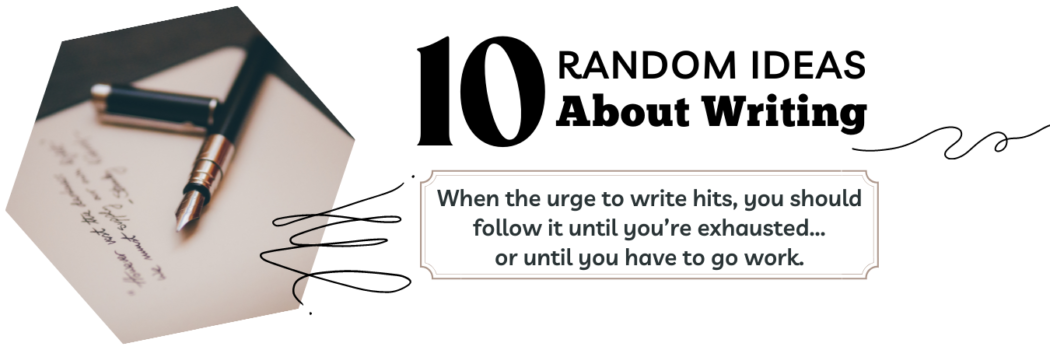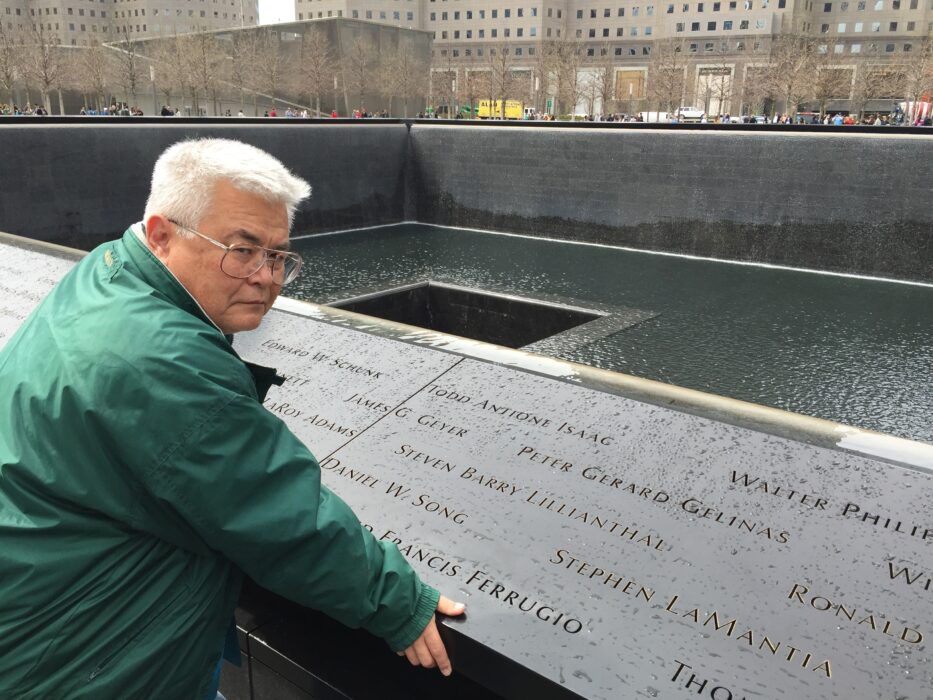Please visit the bookstore!
(Originally published May 3, 2012. Updated bio and links)

Ten Random Ideas About Writing
by Lanning Lee
Shakespeare’s stuff is different from mine,
but that is not to say that it is inferior.
— P.G. Wodehouse
- Be patient. If at first you don’t succeed, maybe you shouldn’t try again — at least not right away. Put the piece aside and start on another one. Trying to fix it while you’re still too close to it may make it worse. It could take as long to come back to the piece as it takes you to forget you wrote it. Kipling thought the best rule of thumb was to let a draft rest for nine years, then come back to it as if it were written by someone else and edit the stuffing out of it.
2. When the urge to write hits, you should follow it until you’re exhausted or until you have to go work. Unlike some people who believe that you should set aside, say an hour each day to write, I believe that sitting and trying to force yourself to write for an hour can be counterproductive. Even daunting.
3. And speaking of daunting, I give great credit to folks who sit down to write a novel and then go ahead and write a novel. If you find sitting down to write a novel a bit intimidating, then tell yourself you’re sitting down to write a series of stories that relate to each other in some way. When you’re through writing all of these short stories, see if there’s some way you can piece them together into a longer work, like a string of pearls. It worked for Henry James and his humongous novels; it might work for you, too.
4. Journal writing is different than the kind of writing in #2.It is actually good to set aside five or ten minutes a day to journal write. Journal writing is not formal writing, neither is it diary writing. Journal writing is regular exercise, like doing push-ups or wind-sprints. The more you journal write, the easier it is to do more formal writing, to get words down on paper, when the creative urge hits. When you sit down to write journal, write as much as you can, as fast as you can, about anything at all. Do not self-edit while you do this. Don’t worry about grammar, spelling, or punctuation. Don’t punctuate at all, if that’s the way you feel. Go with the flow. One way to think of it is stream of consciousness writing.
5. If you are looking for a journal topic, sit down and look around wherever you happen to be. If you see a picture, or a plant, or a pot, or a stuffed animal, or whatever brings an idea to mind (e.g., the person in the photo, where you got the stuffed animal, and the like), then write about this as fast as you can for the five or ten minutes you’ve decided to write. Don’t worry if you move away from the original idea. It’s fun to go all over the place with free association.
6. Just because journal writing is a free-form exercise, this does not mean that the seed of a good story, poem, play, or essay cannot show up while you’re writing journal. Sometimes I look over journals from years past and laugh at how all over the place or incomprehensible an entry is. Sometimes I go back and find something worth further exploration.
7. Reading work by other writers can be a great stimulus for your own writing. I can’t tell you how many times I’m in the middle of reading something — even a newspaper article — when all of a sudden I see a line or an idea that kick-starts the little gray cells. Go with that. Start writing right away. This is not actually journal writing, but if it turns out to be journal writing, that’s okay.
8. In regard to formal writing — not journal writing — you will often hear that you should not edit as you compose. Sorry, I edit whenever I think I need to edit. I don’t feel badly about it, and I don’t think you should either.
9. If you begin writing, say, a poem, and it turns into something other than a poem, don’t berate yourself. Celebrate yourself.
10. Regardless of what you may have heard or read, all stories do not have a beginning, a middle, and an end. Some folks despise stories that do not exhibit this pattern. If your writing does not follow this pattern, no worry, beef curry : )

Lanning C. Lee was born and raised in Honolulu. He attended the University Laboratory School beginning at age 3. Except for a few years attending the University of Wisconsin — Madison for his MA in English and working in the private sector, he has spent most of his life on the UH Mānoa Campus, where he earned his BA and PhD in English. He is a former English teacher and a retired counselor for the UH Mānoa KOKUA Program.
Visit: Author’s Page | Author’s Amazon Page


Right On, Popcorn!
Mahalo! Great advice. Common sense and very inspiring!